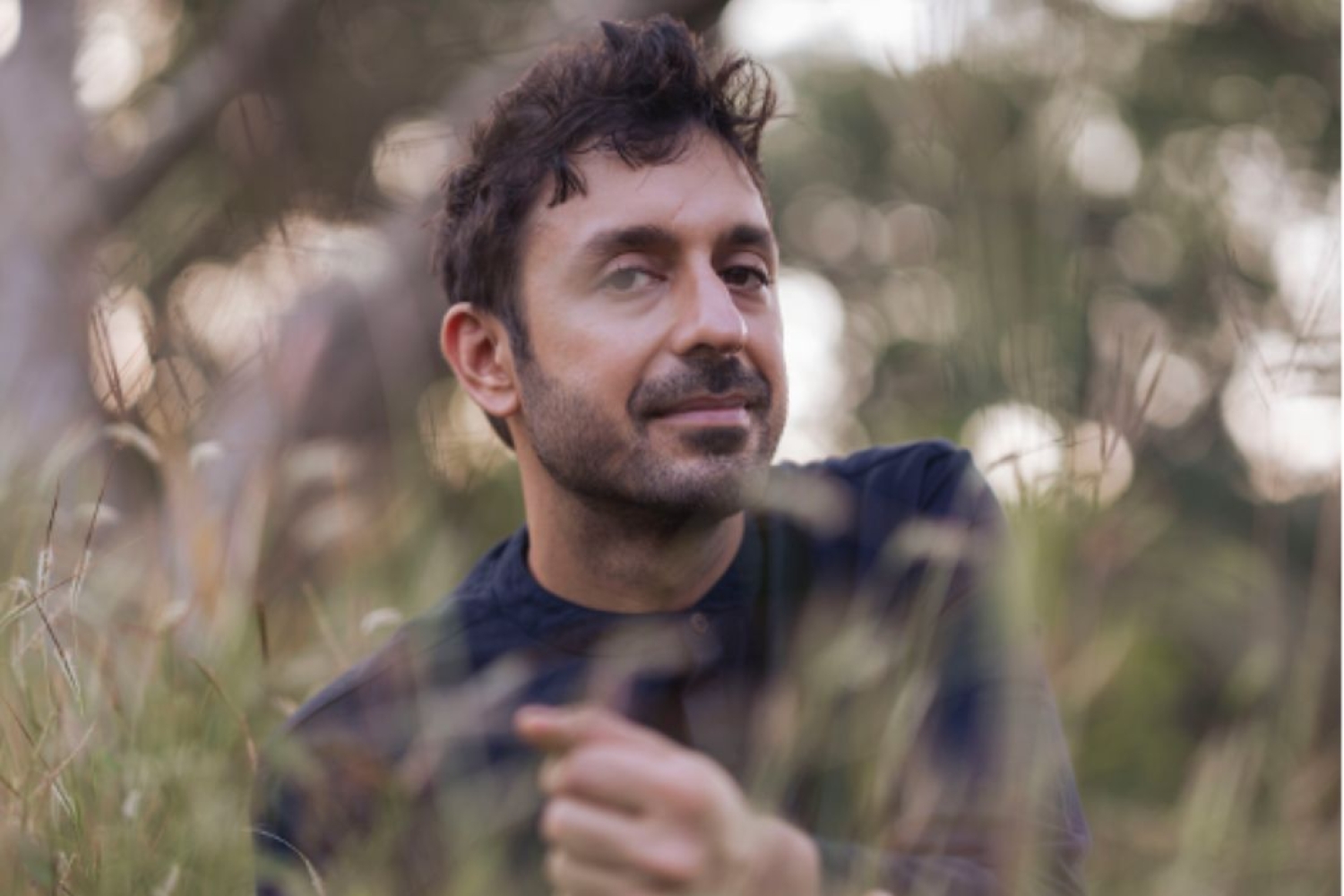

Do you remember how music found its way into your life?
Some of my earliest memories of music were from when I was 7 or 8 – I would keep hearing a handful of songs on Indian MTV in the 90s and absolutely crave to hear them again but I didn’t know what they were called or where to get them. When a music store in Chandigarh finally started stocking “english” CDs, one of the first albums I got was was a gift from my dad – it was Michael Jackson’s ‘HISTORY’. I absolutely devoured both the CDs and cover art in that greatest hits compilation. I also remember growing up with a lot of classic rock – that was my dad’s thing and also one of my entry points into the world of music.
What was the starting point for your new album?
One weekend in Dec 22, I ended up writing what would eventually become the first three tracks in the album. That breakthrough followed a trying period where I made lots of attempts at starting an album but wasn’t satisfied with the results, and that made this all the more special.
How do you approach translating the emotions and energy of your electronic music into a live performance setting?
My intention with this album was for it to work across a few different contexts and settings. I often think of my music as thinking or driving music. That’s how I often listen to my favourite albums. One of my favourite things is when the music sort of sneaks up on you and gets under your skin, and you don’t even realise it. I try to make the same thing happen live, where the emotional and psychological space is the most important thing. And the groove is almost a supporting character, propping up the rest of the song – delivering an emotional message.
How do you think have you evolved as a musician in all these years?
I think I’ve learned to deal with my own emotional and creative ups and downs much better than I used to. I’ve also learned to focus on my work, on my craft and try not to think too much about relevance or clout. As for the actual process of making music, I’ve learned a lot in the last few years and continue to do so every time I sit down to write. It’s an ongoing process.
What is your creative process to make a record like this?
Writing this album was like watching a silent film of my own memories in my head and writing a soundtrack to that. Initially, I promised myself I won’t to share this with anyone, and that allowed me to write more honestly. It was a very therapeutic and personally enriching process.
What is it about music that evokes emotion in you?
I think that music by its very nature evokes emotion in humans in such a direct way that one doesn’t even realise when and how it happens. It’s impossible to fully understand because it’s such a basic facet of being human. Like the questions: why does it feel so nice to see a beautiful, expansive view? or hug a loved one? it’s difficult to answer but the answer is still very simple – it’s because we’re human and it’s hard coded into our design.
Words Hansika Lohani
Date 22.02.2024